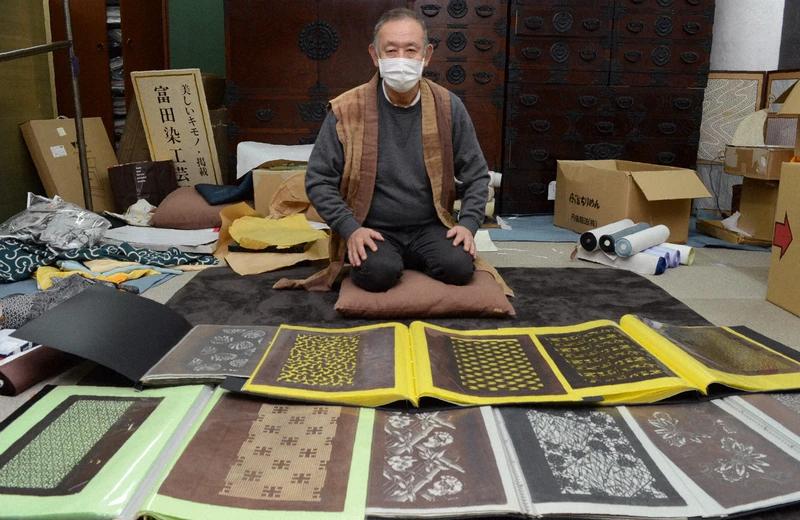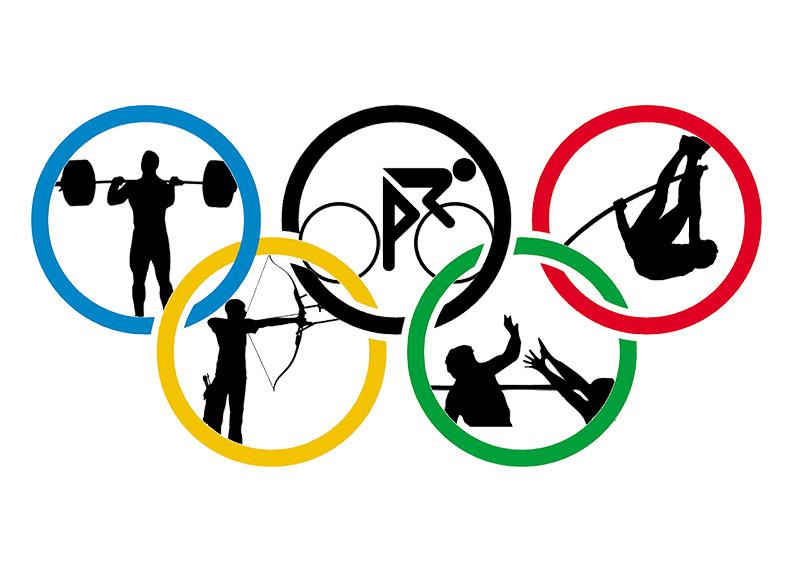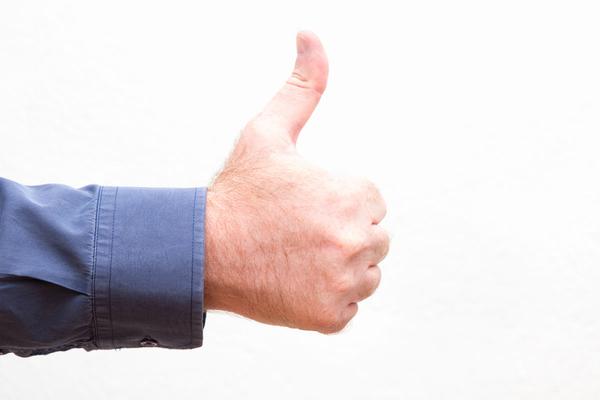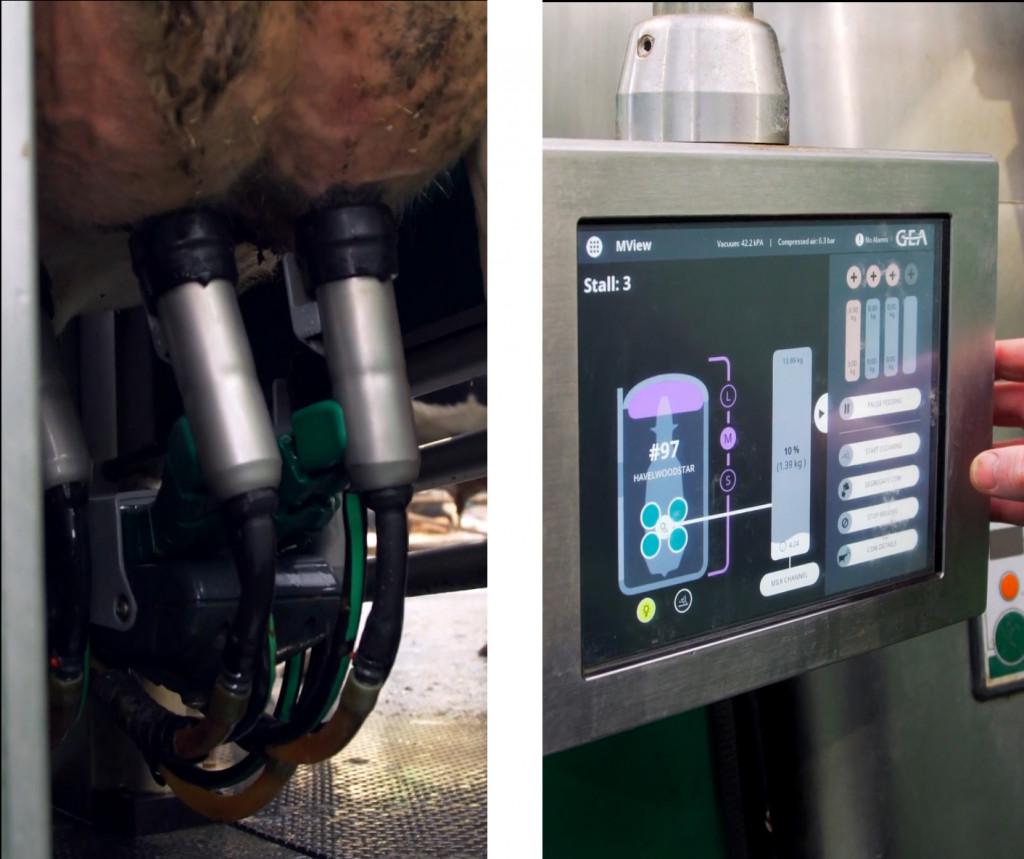When we launched the US version of "WIRED", we were overwhelmed by our optimism. I took it as a medal of honor. The digital revolution was actually rewriting everything, and that was a good thing. Twenty-five years later, that optimism is no longer "reasonable" but "necessary." Fighting optimism is now needed.
The most powerful people on this planet are not politicians, generals, priests or critics, but those who create and use new technologies-that was the premise of WIRED. We no longer had to subcontract our responsibilities to society to deteriorating nations and politics. By making full use of new tools, individuals were dramatically empowered. We have become able to directly create a better world on our own.
Unsurprisingly, the old-fashioned organization that was about to be banished resisted. So is the mainstream media. We've seen the New York Times make weekly variations of headlines such as "Internet-Threat or Intimidation" (despite John Markoff, who knows Silicon Valley best). Was making a joke.
I decided to give the usual response to the one-pattern criticism ── Change is Good. Of course, we know that not all changes are good. But it must be better than not changing. There were many things that had to be stagnant and washed away. As some band sang, our position was like this- "The Future's So Bright, I Gotta Wear Shades".
After that, the dot-com bubble burst.
And 9/11 happened. Al-Qaeda youths wage an asymmetric war to drag down the last superpower, America. It was a nightmare realized by the model we envisioned to change the world with an autonomous decentralized organization using personal computers and networks. The social reaction to it was not much different from that of monkeys in the zoo. He found the cage open, looked around, gently closed the door, and retracted into the usual safe cage. However, it is the security promised by the state and politics that humans have escaped. Subcontracting management has begun again.
Optimism, which has been the basis of the digital revolution, has been overshadowed, and pessimism, which has spread instead, has become established as a common wisdom.
The world is only getting better
A few years ago, I attended a dinner party in Cambridge, Massachusetts. The organizer was a prominent figure representing the society and his wife, who has a wide network of contacts. Excellent young scholars and researchers gathered at the venue, promising an exciting evening.
But in reality it was the exact opposite. When it started, a little conversation quickly replaced political claims, and the rest of the conversation was all about dissatisfaction with the status quo-inequality, poverty, racism, sexism, republican fascistism, everything. Will it be a dire situation ... I tried my best to keep myself in check, but it finally exploded. That's not what's really happening right now. Did you guys see the numbers properly? For the last 25 years, the world has only improved. People are healthy, wealthy, well-educated, have a long lifespan, and live a good life that was never enjoyed by humankind.
Silence like hitting water. Everyone stares at me. Who brought this troublesome guy?
After that, it was a little shambles. What are you saying, you're wrong, the world can't be better, look around, everything is getting worse ── Yeah, Kannu. I closed my mouth.
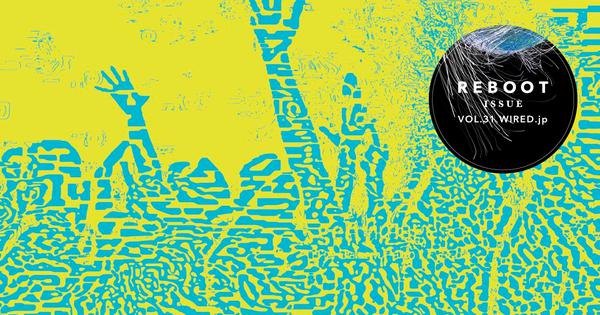
I later thought about how I should have returned it at that time. First of all, politics is not a rational reaction to reality. Politics is, in a sense, the social mood of a desirable group. Or, worse, politics is an emotional pathology.
In his book, Mass Psychology of Fascism, 20th-century psychoanalyst Wilhelm Reich points out that politics can be an external manifestation of an individual's psychological problems. Instead of confronting one's own problems, it is tailored to the problems of society as a whole.
We are trapped in pessimism
We live in a situation where this phenomenon is clearly visible. Anxiety of elites in developed countries. Outright mental distress of friends. Hate reported by the media every day. An instant movement driven by social media. Narrow tribeism ... It's all political, no matter which way you look at your daily life.
Fortunately, breakthroughs about human beings always occur outside politics. History is a record of political failure, and progress is a march of science and technology.
Think about the last 100 years. Mass communication, penicillin, refrigerators, computing, commercial airliners, cheap contraceptive methods, personal computers, the Internet, smartphones, gene sequence elucidation technology, natural gas drilling technology ... These breakthroughs are more human than war or law. Has created freedom and abundance.
Yet, we are still trapped in pessimism today. A revolution has happened. And it's not over yet. I witness the consequences every day. Certainly it's not easy to accept the 25 years of turmoil. Especially when media senders are scared of unemployment because of the digital typhoon that is pouring into the outdated world.
How can we get out of this pessimism?
The first step is to realize that there are many reasons to be optimistic. There are many more reasons to be optimistic now than when Jane Metcalfe and I started telling the digital revolution on WIRED. After all, today, at least five revolutions are underway under the rebellion of new technology users.
- Neoplasmic Revolution ── Treatment, health promotion, longevity. The revolution is already underway.
- Energy Revolution ── Nuclear power, natural gas, and sunlight are making our lives better.
- Blockchain ──Friction-free transactions can be realized not only between financial institutions but also between people who need communication and between devices. Regaining your transaction data in your hands can prevent centralized control of social media.
- Space ── Every time SpaceX or Blue Origin launches a spacecraft, the science fiction future of working in space and living in space approaches.
- AI ──This is not "Artificial intelligence", but "Augmented intelligence" that the inventor Douglas Engelbart envisioned as the relationship between humans and computers. AI does not replace humans. As a wise man with outstanding skills, he assists the best way of life as long as human beings can.
If we want to create a better world for our children, we must believe that the future will be better. As philosopher / linguist Noam Chomsky puts it, "Unless you believe that the future will improve, you will not stand up and take responsibility for it."
Optimism is no longer better than it is, it's a strategy for living. It's great to change.
Embrace the fighting optimism. First of all, from there.
Louis Rossetto | LOUIS ROSSETTO Launched "WIRED" with Jane Metcalfe in 1993. He was the editor-in-chief until 1998.
Short-term serialization: 25 years of after "WIRED"INFORMATION INFORMATION
Magazine "WIRED" Japanese version VOL.31 "NEW ECONOMY" is now on sale!
The Japanese version of the magazine "WIRED" VOL.31 has been redesigned and formatted as a reboot issue. Released on November 13, 2018 as an oversized issue commemorating the 25th anniversary of the US version! In the first special feature "NEW ECONOMY", we will consider how we can update the current platform capitalism and data capitalism, starting from the "new economy" advocated by the founding editor Kevin Kelly. In the second special feature "NEXT GENERATION", the big names of tech / culture / science / business that colored the 25 years of "WIRED" will introduce the next generations that will change the world in the next 25 years.


